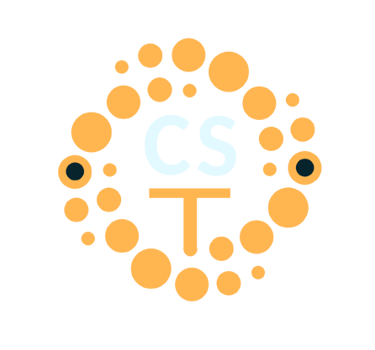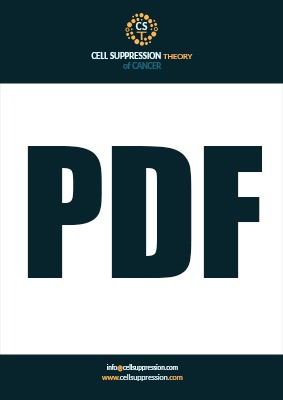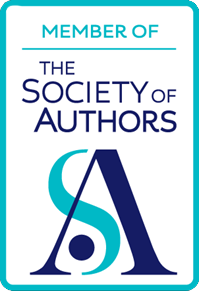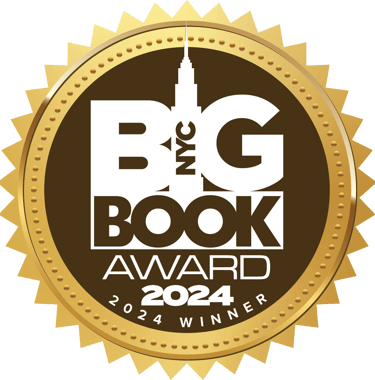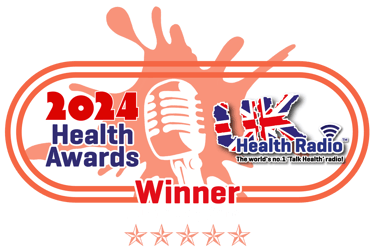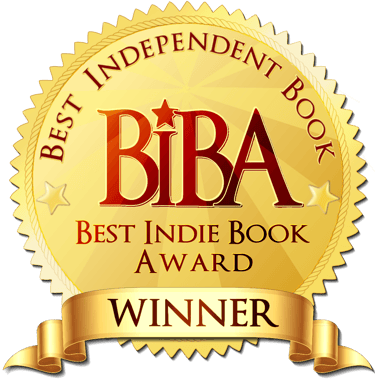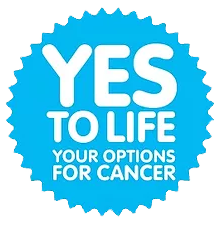Essential questions to ask your oncologist after a diagnosis


A visit to see your oncologist after a cancer diagnosis can be a stressful and daunting experience. Under duress we are less likely to be thinking clearly, or capable of processing information at a time when it is crucial to understand the details and ask the right questions.
It is vital that you gain a measure of confidence in your oncologist and the treatment approach they are offerring, because the evidence i have amassed indicates that conventional oncologists may have misinterpreted the disease, and are therefore, potentially, targeting the wrong aspects of cancer.
Photo by Hannah Olinger on Unsplash
Unfortunately, it is not enough to rely solely on the opinions and experience of conventional oncologists, primarily because the DNA Theory that forms the basis of mainstream treatments, appears to be incorrect - meaning that mainstream oncologists are potentially failing to target the actual mechanism(s) driving cancer.
The microbiome, influence of pathogens, cancer stem cells and even the abnormal metabolism driving the disease are rarely considered, or targeted, despite the latest evidence confirming that targeting these factors can be pivotal to treatment success. Moreover, harm may be caused by the treatments being offerred, an example of this relates to steriods. While they can reduce inflammation, the immune suppression, spike in blood glucose that accompanies their use, and their ability to encourage fungal infection, risks feeding tumour growth.
With this in mind, I have prepared a list of essential questions, and points to consider, that will aid you in discussion with your oncologist to ensure you are on the most beneficial treatment path.
"I think mainstream cancer research is charging down the wrong path, they are focusing exactly on the wrong thing."
- Professor Paul Davies
24 essential questions/considerations:
This list forms part of the 'Potential Solutions' chapter within my book. For your convenience, I have created a downloadable PDF so that you can take these questions with you to your next oncology meeting - see the link below.
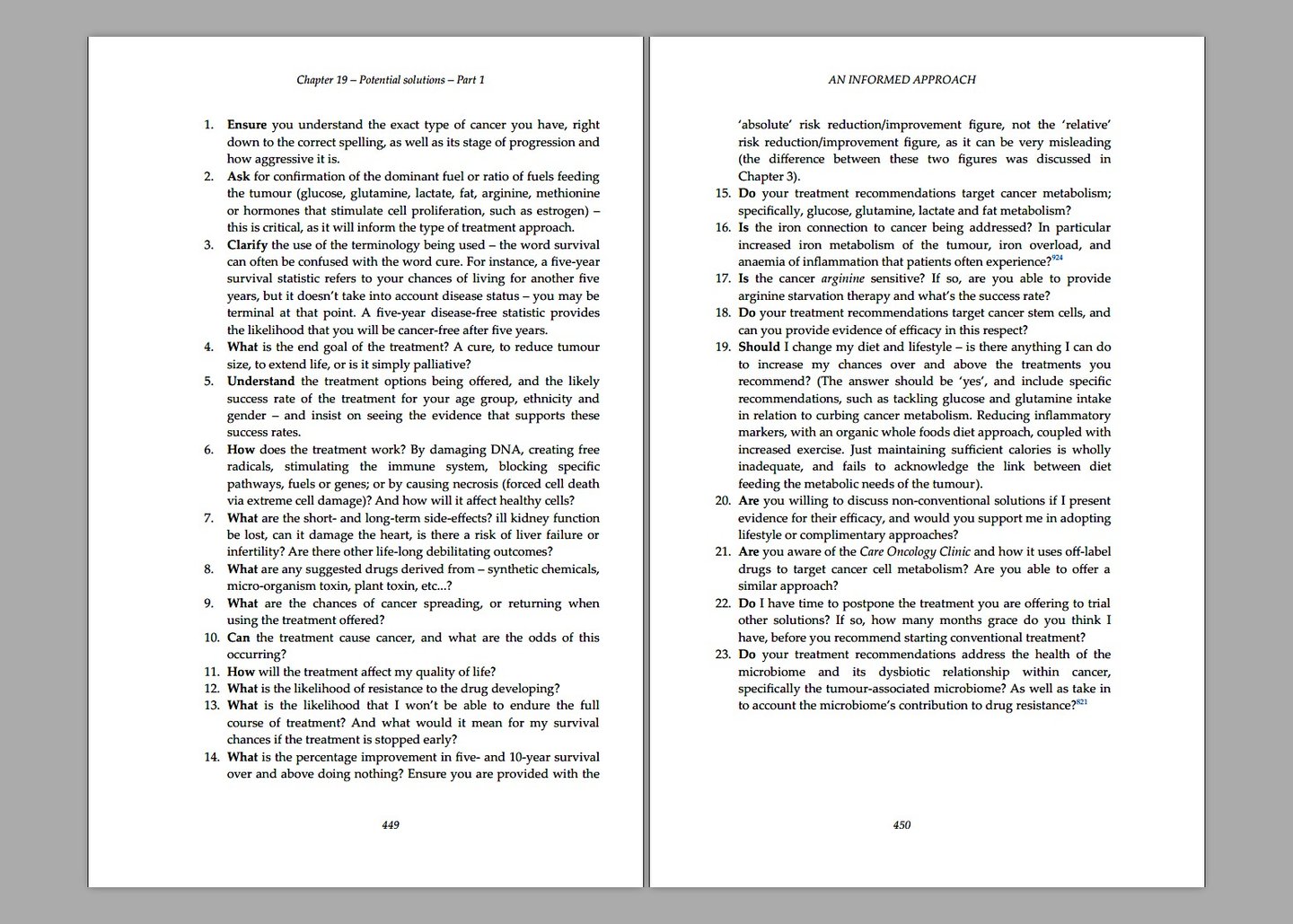

The Cell Suppression Theory of cancer indicates that intracellular fungal pathogens are driving cancerous conditions through a suppressive mechanism. Are you familiar with this new interpretation of cancer? Are you also aware of Ravid Straussman’s work in identifying intracellular fungal pathogens in all cancers, and the evidence highlighting that fungal pathogens are directly influencing the disease? If you'll allow me to provide you with some information, would you be prepared to support me in working out an anti-fungal strategy that can work in synergy with any treatments you are offering?
24.
This last consideration should only be pursued if your oncologist appears open-minded, some may not be and can see this as a challenge to their authority. They would need to digest this new information ready for your next appointment in order to answer any questions that may remain unanswered, and to contemplate the additional treatment approach you may wish to consider.
This may be a good moment to provide your oncologist with a copy of my book. Alternatively, you could provide them with a short synopsis of my theory which is available to download as a PDF from the link below. Handing this to your oncologist will provide them with a summary of my theory bringing them quickly up to speed with its concepts, which may be more palatable given how busy doctors are these days. Hopefully this will encourage your oncologist to consider other options and adopt a more open-minded approach to treatment.

Answers to these questions should provide you with the understanding you require, and highlight how supportive your oncologist is. If most of your questions cannot be answered adequately, then it may be time to ask for a second opinion, or adopt a different approach to that being offered.

Free to download
Click the image to download the 24 questions/considerations PDF file presented above, to take with you the next time you meet with your oncologist.
24 Questions/Considerations PDF dowload
Click the image to download the CST SYNOPSIS PDF file. Provided within this PDF is an easy to read 8-page summary of Mark's theory, complete with graphics and references. Providing this to your oncologist, will quickly bring them up to speed with this new interpretation of the disease, enabling a deeper discussion about your treatment options.
Cell Suppression Theory SYNOPSIS PDF download
*Please share with those you feel will benefit
© Copyright Mark Lintern 2023. All rights reserved. Established: June 2023
Subscribe to stay informed:
*By entering your email, you agree to receive occasional updates and resources from Cell Suppression.com. You can unsubscribe at any time. See our privacy policy for more details.
